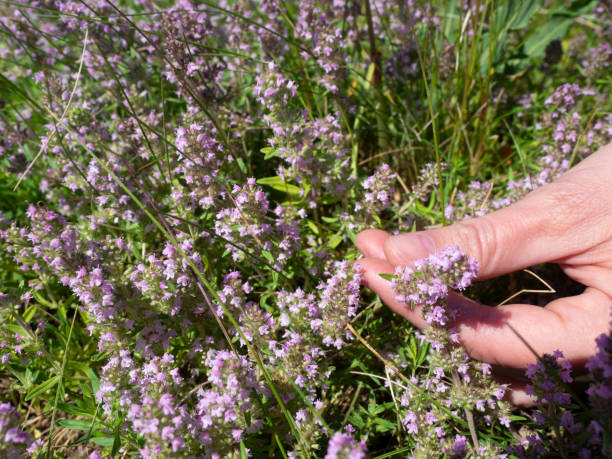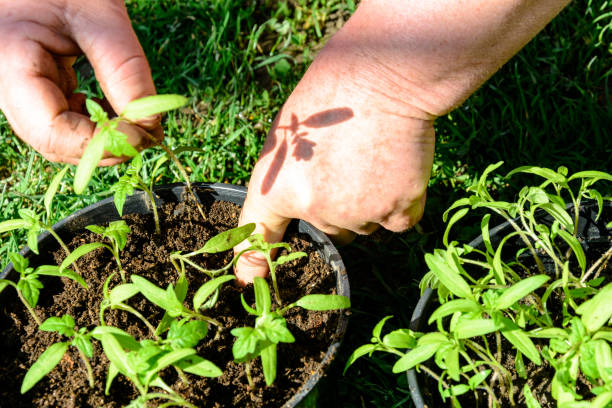Sometimes the weather is not in our favor, or we have eaten something that has made us sick. The same goes for plants. They can become sick from nutritional or environmental problems. Our only difference is that our plants cannot speak or ask for help. To understand why they are showing signs of stress, we need to be able to recognize them. Let us look at some symptoms that indicate that our plants require help.
Wilting –
Plants lose more water than they can absorb and eventually become less rigid. The leaves will begin to fall and droop. The stem will eventually fall, and the plant cannot stand upright.
You should water the plant regularly and keep it in the shade. This could be due to a fungal infection or bacterial infection. Try antifungal or antibiotic medicines if symptoms do not improve.
Yellowing leaves –
Your plant’s leaves may start to turn yellow or become brittle. This could indicate nutrient deficiencies, poor drainage, damaged roots, or high pH.
This can be fixed by providing your plants with good fertilizers that include micro and macronutrients. You should also maintain proper drainage and use sulfur-containing fertilizers to lower the pH.
Sponginess, rotting, and wilting plants –
Waterlogging is the main reason your plants have a rotten smell. This can be caused by overwatering your plants. Overwatering your plants can cause damage to the roots. They will not absorb water or the same symptoms that lead to wilting. The leaves will turn yellow.
Remove excess water from the soil and ensure it is porous and well-drained. The roots should be able to absorb oxygen. To evaporate excess water, keep the plant under bright indirect lighting. Take care of your plants. You can catch any signs of abnormality early and have it corrected. It is possible to cause irreparable damage by not taking action. What if plants don’t speak? As gardeners and plant parents, we can also try to hear the unspoken things!
Plants drying off –
If you don’t water your plants regularly, this can happen. After drying, the leaves will begin to turn brown and fall. If this continues, the entire plant will dry out.
You should water the plant at regular intervals if this happens. You should move the plant from direct sunlight to an area where it can retain water for longer. Depletion of nutrients can also occur if there is not enough water. It is recommended to add fertilizers or compost to your water supply.



